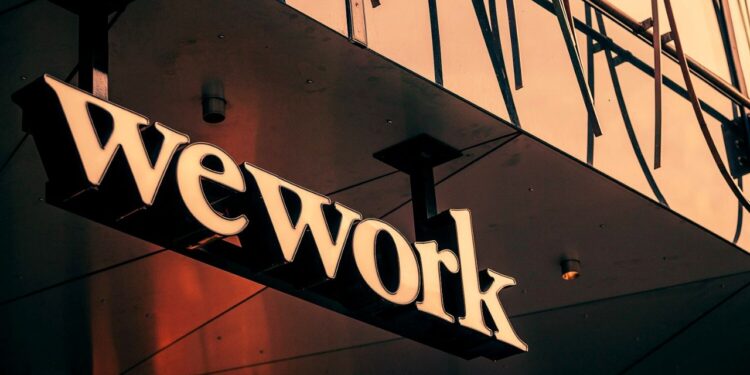Prominent landlords including Boston Properties, Brookfield Properties, and Starwood Capital have raised objections to the financing plans proposed by WeWork’s majority owner, SoftBank Group, amid the company’s Chapter 11 bankruptcy restructuring.
According to a report published by BISNOW, attorneys representing various landlords of over 50 WeWork locations filed objections on Thursday, asking the judge to reject WeWork’s motion for debtor-in-possession (DIP) financing. More specifically, the landlords are contesting WeWork’s motion for DIP financing claiming that the proposal leaves the landlords too exposed if the restructuring plan fails.
In recent years, WeWork has helped to popularize the coworking industry — having been at the forefront of redefining how and where people work by promoting the idea of greater flexibility, community, and work-life balance in major metro areas around the world. However, the company itself struggled to turn a profit since going public in 2021 and made headlines across the world last month as it filed for Chapter 11 Bankruptcy in New Jersey on Nov. 6.
For the workforce, particularly freelancers, startups, gig workers, and small businesses, coworking spaces have provided opportunities to have professional office space without many of the overhead costs required from traditional office leases.
At first glance, the objections from landlords in the WeWork bankruptcy case might suggest that there are financial risks associated with the general coworking business model, both for the operators and their real estate partners, but this is not the case. While WeWork itself has severely struggled over the past year, other companies (many of which are direct competitors to WeWork) have been rapidly expanding this year — even seeking to take over properties that WeWork is backing out of.
The landlords involved in specific deals with WeWork are expressing valid concerns regarding their exposure in the event of the coworking company’s failure to follow through on their plans, considering the company’s track record. While concern from this list of prominent landlords could lead to more cautious investment and partnership strategies in coworking, it likely won’t impact the growth of the industry. That being said, companies and individuals might increasingly seek more stability when deciding on office space.
Amid the financial fallout at WeWork, the future of work is still very much leaning towards greater flexibility and adaptability around the world. For similar coworking providers, the current challenges present an opportunity to innovate, adapt, and expand.

 Dr. Gleb Tsipursky – The Office Whisperer
Dr. Gleb Tsipursky – The Office Whisperer Cat Johnson – Coworking Marketing Maven
Cat Johnson – Coworking Marketing Maven Angela Howard – Culture Expert
Angela Howard – Culture Expert Drew Jones – Design & Innovation
Drew Jones – Design & Innovation Andrea Pirrotti-Dranchak – Competitive Advantage
Andrea Pirrotti-Dranchak – Competitive Advantage Jonathan Price – CRE & Flex Expert
Jonathan Price – CRE & Flex Expert Jeremy Fennema – Tech Innovation Alchemist
Jeremy Fennema – Tech Innovation Alchemist







